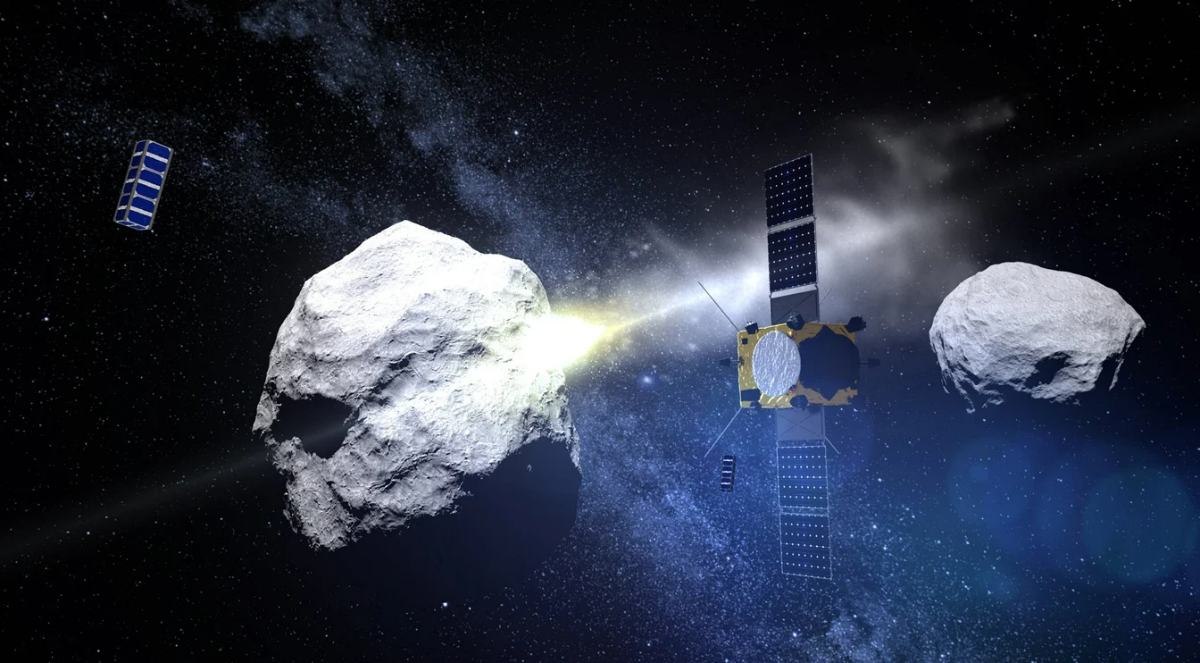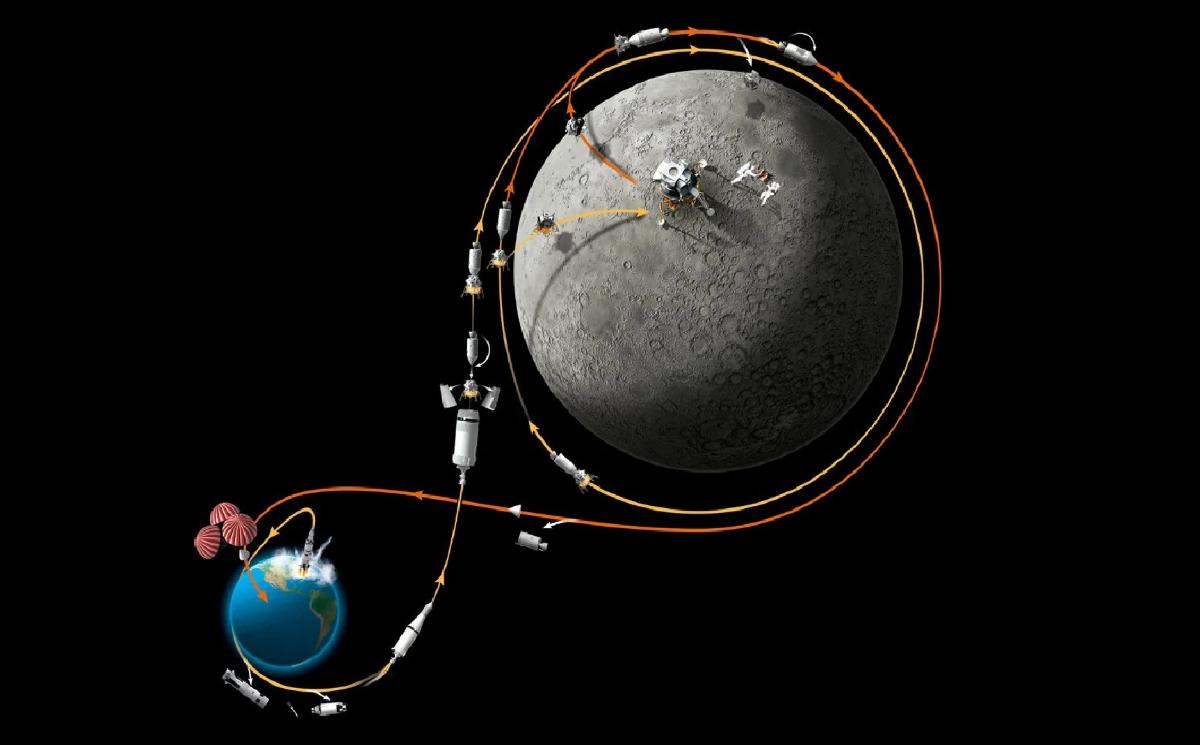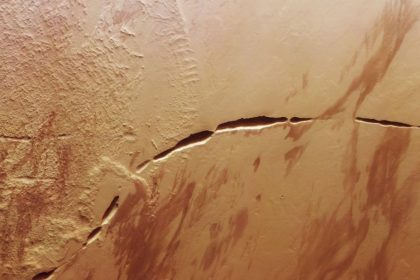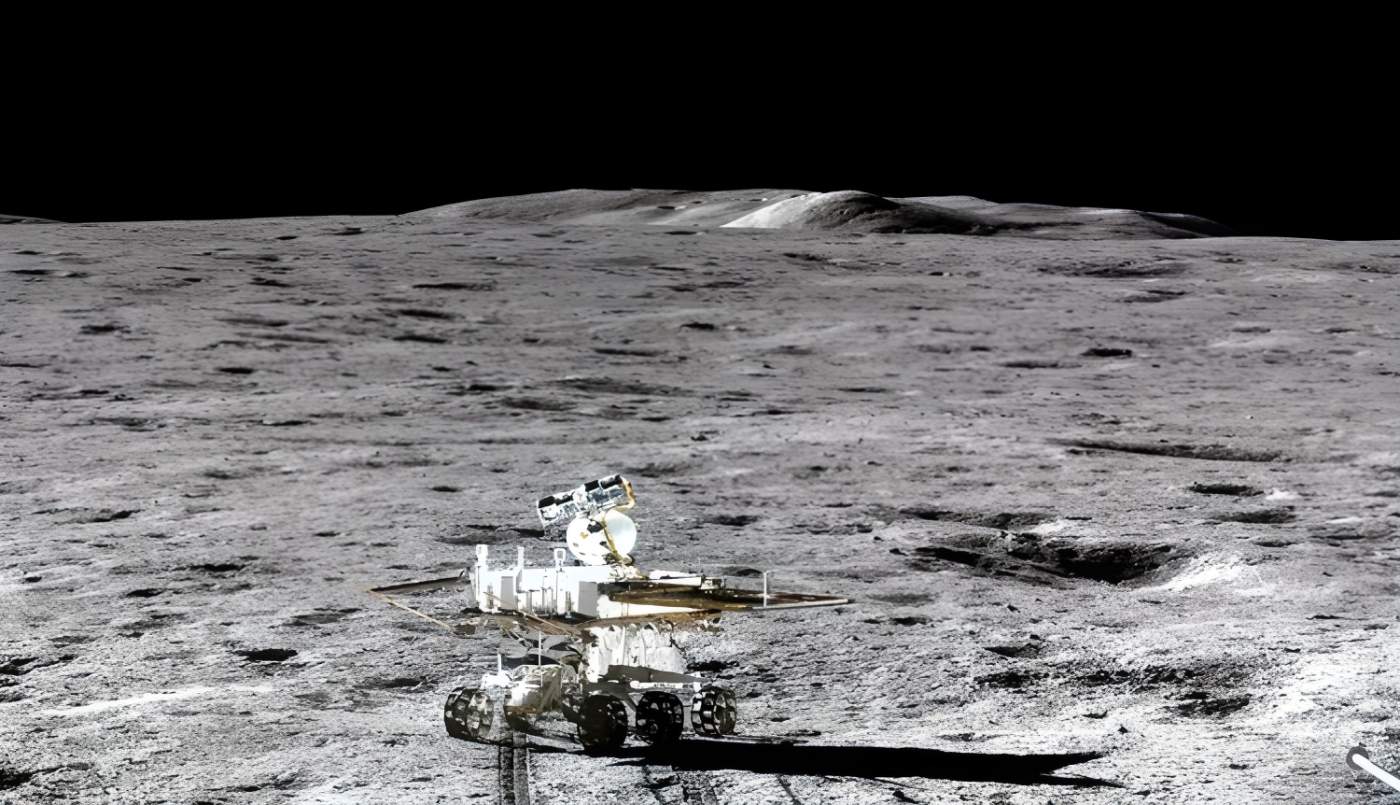Light is what we call an “electromagnetic wave.” It can propagate even in a vacuum. Sound, on the other hand, is a mechanical wave.
Much like a wave on the surface of water, it propagates from point to point.
Sound Waves and Noise in Space
A sound wave needs matter to propagate, through a succession of compressions and expansions in the medium in which it is produced. This medium can be solid, liquid, or gaseous.
Propagation, Sound Speed, and Material Density
In interstellar space, the density of matter is far too low — on the order of one particle per cubic centimeter, compared to around 10²⁰ particles per cubic centimeter on Earth — for sound to have any medium to travel through. This is why no sound can be heard in space.
Blaise Pascal aptly spoke of the “eternal silence of infinite spaces.”
It is also worth noting that the denser a body, the faster sound can propagate through it. For example, in air, the speed of sound is about 340 meters per second (m/s), in water, it rises to around 1,500 m/s, and in iron, it reaches 5 kilometers per second!




















